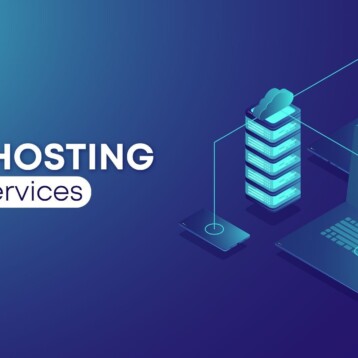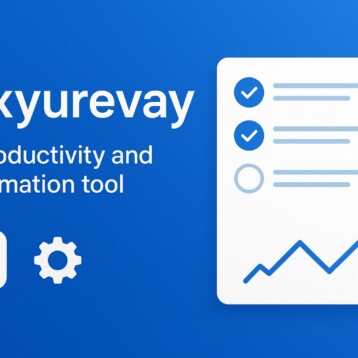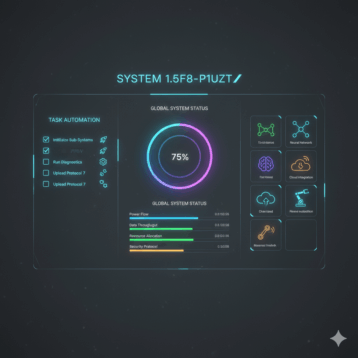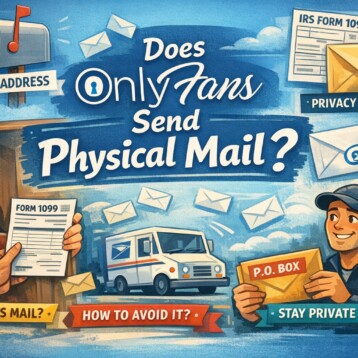
According to a survey by Babson, there has been an exponential increase in distance learning enrollment since 2006. At least 30% of students in higher education take at least one distance course. The report also says that the number of students at physical campuses have decreased significantly.
Does it mean that education is shifting to an online format? Yes, it does.
Tal Frankfurt, who is a contributor for Forbes magazine, says that education changes at a snail’s pace. However, virtual classrooms should be seen as a bypass button for the slow change in education.
Governor Andrew Cuomo wonders why we still need physical buildings for classrooms when we have the technology to study from anywhere. He argues that it is time to reimagine education with laptops and the internet.
Thus, it is safe to say that the future of education is online. If you are still searching, you can take free online courses here.
Online classes are a sensible option for both adults and young people. It allows you to access quality education irrespective of where you are. You can also access the classes at any time.
What is online education?
One form of online education includes professional training. The learners enroll for training and get a professional certificate at the end. It is training that is geared towards starting a career or advancing in one. For instance, you can learn a foreign language online to advance your linguistic teaching career.
Some of the challenges that face online classes include the lack of a stable internet connection and an unreliable power supply. It also deprives the student of the one-on-one interaction with the teacher.
What is the effect of the internet on education?
The internet has had a profound impact on education. It has made it flexible, and learners can get services all-round the clock.
It has also made it cost-effective by minimizing costs such as travels. It also provides a wide range of materials, either free or at a discounted price. Online education has also made education accessible to learners irrespective of where they are.
Learners develop a sense of responsibility by studying at their own pace and schedule.
Why should education go online?
There are more than enough reasons why education should go online. One such reason is that you can learn almost anything online for free. If you are still wondering why you should join virtual classes, here are some reasons why.
- Online education is accessible
Online classes are an excellent choice for you if you are working and you want to improve your skills. It allows you to balance both studying and working so that you don’t have to give up on either.
It is also a great choice for you if you are a teacher. You don’t have to commute from different places neither do you need to follow strict schedules. It allows you to learn and teach from anywhere in the world.
All you need is an internet connection, and you can access your studies, whether abroad or locally. Thus, it saves you a lot of time and money.
- It is cost-effective
The monetary investment in online education may be small, but you are still sure to get a quality education. For instance, you save a lot in terms of commuter cost as you don’t have to travel.
Also, online education is characterized by flexible payment plans. You can pay per class or pay in installments. Therefore, you have the flexibility of managing your finances so that you can study and take care of other bills.
Additionally, many online programs offer discounts and scholarships that allow you to save.
- Enhanced customized learning
Mostly, online classes have a minimal number of participants. Unlike conventional classes, online classes have fewer students. In some instances, online platforms take one student at a time.
As such, online classes are advantageous as they allow you to develop your own pace of studying. The teachers are also able to customize the lessons and study materials according to the abilities of each learner.
The platform enables better interaction between the learner and the teacher. The learner can ask more questions and clarifications on areas they don’t understand. On the other hand, the teacher can integrate other methods such as discussions and demonstrations to simplify the matter. The classes are also characterized by a diversity of learning material ranging from eBooks, videos, photos, etc.
- A wide variety of programs
The internet is very dynamic, and you can get all manner of materials irrespective of your subject. Whether you want to study music, law, computer science, etc., you will get the learning materials on the internet.
As such, even if you don’t register for any school or institution, you can still get credible answers online.
Additionally, most universities and institutions of higher learning offer their programs online. The programs range from certificate level to doctorate levels. Thus, there is a program for every type of learner.
You can study for your degree or diploma, graduate, and get your official certificate without setting foot in a university.
- Career opportunities
Are you still wondering why the future of education is online? Well, learning online makes the learner independent.
As the learner, you are solely responsible for your learning pace and schedule. As such, studying online improves your time management skills and sense of responsibility.
Taking up an online course and seeing it to the end without much supervision is a sign of responsibility and discipline. Therefore, the skill puts you ahead of everybody else during an interview. You come out as a responsible, independent, and self-driven individual.
Additionally, you get to learn of more career opportunities. You don’t have to be employed. You can set up your online business and work from the comfort of your home. The online career opportunities include online marketing and networking.
- Assessment
Assessment is essential in tracking the progress of any learners. Online education involves frequent assessments that enable the teacher to track students’ progress.
Final thoughts
There is no doubt that the future of education is online. Online education is faced with some challenges that can be resolved.
Online education offers more flexibility and accessibility to education. It also develops the learner’s sense of responsibility and time management skills. It also opens a wide range of career opportunities for the learner to explore.










